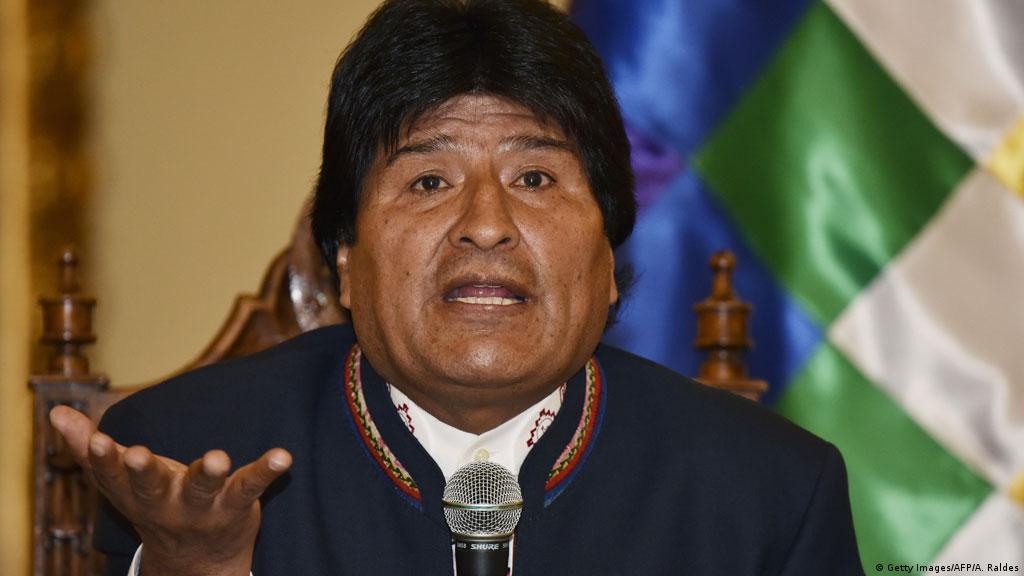RIO DE JANEIRO, BRAZIL – The last declarations of former president Evo Morales stated that he had contact with the Supreme Court of Justice, the Electoral Court, and the Constitutional Court before the presidential elections of 2020 caused controversy in Bolivia on Monday.
Morales said over the weekend in a program broadcast by a radio station in the tropic of Cochabamba that he spoke with members of the Supreme Electoral Tribunal (TSE) to evaluate the postponement of last year’s elections, according to local media.

He also contacted the Constitutional Tribunal after the opposition expressed its intention to annul the acronym of the Movimiento al Socialismo (MAS).
“Some members of the Supreme Electoral Tribunal told me: Evo, we have internal and external pressures to eliminate MAS. I had to speak from Argentina, I had to speak with the Constitutional Tribunal, we won that battle”, Morales indicated.
He also said that he spoke with the Supreme Court of Justice (TSJ) since one of the strategies of the transitory government of former president Jeanine Áñez was to leave the presidency to the then president of that instance, María Cristina Díaz.
Morales stated that “in one week,” they managed to change the president of that instance and thus avoid a longer postponement of the elections in Bolivia, according to the information that appeared in the Bolivian media.
Read also: Check out our extensive coverage on Bolivia
The general elections in Bolivia, after those canceled in 2019, were initially scheduled for March 3, were postponed to September 6 due to the pandemic, and then, through regulation, a deadline was set for October 18, the date on which the elections were held and won by President Luis Arce.
As a result of these statements, former president Carlos Mesa, opposition leader, expressed through his Twitter account that Morales shows that the “masista plot” (Plot of MAS party) in 2019 and 2020 “was gigantic”.
“Morales’ statement about his collusion with servile officials of the TSE and TSJ to change judicial authorities and affect electoral decisions is a confession of crimes,” wrote the leader of the largest opposition party.
In response to the dissemination of these statements in the local press, Morales wrote on Twitter that as president of MAS-IPSP, it was his “obligation” to maintain contact with “State bodies” to avoid “prolongation of the de facto government and guarantee elections”.
The former Bolivian president lived for almost 11 months in Argentina after the annulled elections of 2019, from where he led the MAS campaign with which Luis Arce won the Presidency.

